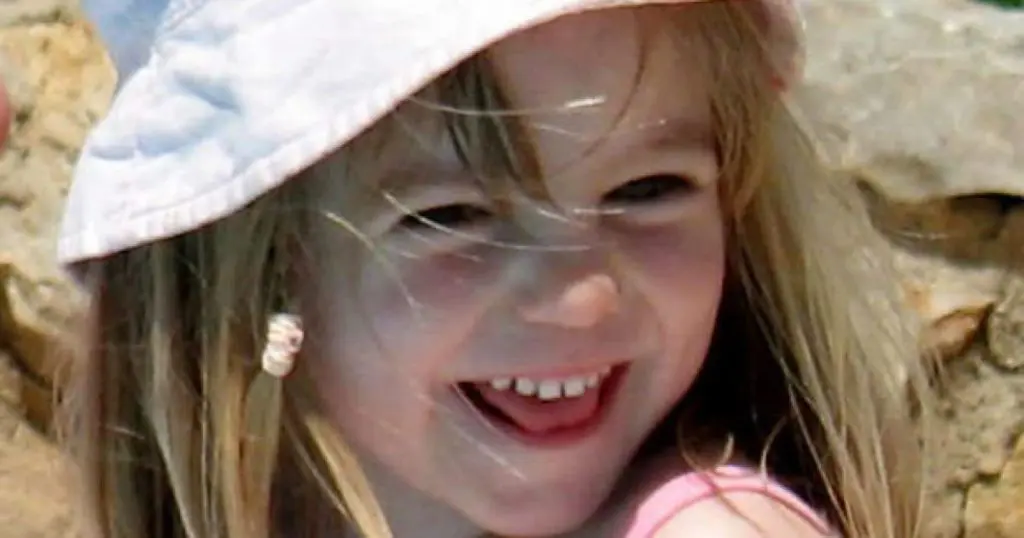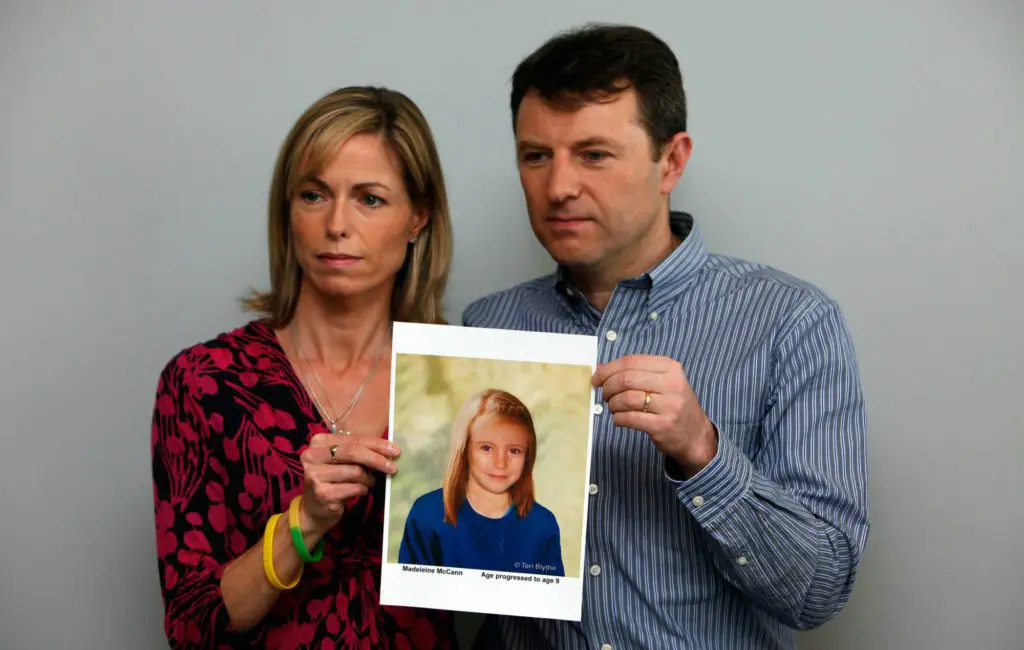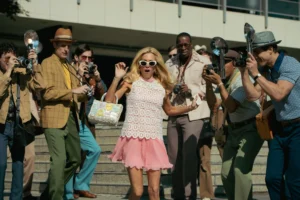Summary
The Disappearance of Madeleine McCann promises more than it can deliver, but it might, through sheer chance, ignite the same kind of global fervor as other true-crime docuseries’.
The Disappearance of Madeleine McCann, the new eight-part Netflix docuseries that debuted globally today, promises to provide new details and theories on why three-year-old Madeleine McCann went missing from Praia da Luz in Portugal on the evening of May 3, 2007. But will it, really?
Already doing the rounds is an inconsequential new photograph of Maddie playing with the children of other British holidaymakers. And the series heavily pushes the idea that, as a pretty, blond-haired middle-class British girl, Maddie will have in all likelihood been taken by child traffickers to be peddled to sadistic pedophiles or childless couples willing to pay big bucks for the privilege. This was, and remains, the presumed fate of Maddie, whose disappearance has for more than a decade become one of the nation’s highest-profile cases.

With feverish speculation seemingly neverending, and taxpayer pockets having been turned out again and again to fund the ongoing investigations of Scotland Yard, the hope is presumably that The Disappearance of Madeleine McCann will ignite the same kind of global outrage as Netflix’s other true-crime mega-hit, Making A Murderer. And it might. The new docuseries amasses 40 key figures from the case, including many who believe that we will, sooner rather than later, find out what happened to the young girl. With advances in technology and traction being constantly gained in the idea that she was trafficked, which was an early theory left to go cold by inept Portuguese police who were determined to implicate Maddie’s parents, Gerry and Kate McCann, there’s every chance that she could turn up in our lifetime. Gerry and Kate, meanwhile, are tellingly absent from the series.
And why wouldn’t they be? They’re insisting that the documentary couldn’t possibly help in the search for Maddie and that it might actually hinder the on-going investigation. But they would say that, wouldn’t they? They left a three-year-old and her two siblings alone in a hotel room while they went out for dinner, a fact that never seems to get the attention it deserves. As The Disappearance of Madeleine McCann insists, she may very well have been trafficked at an absurdly high price; but she was able to be trafficked in the first place because of negligence on the part of her parents, and incompetence on the part of the local authorities. All of these things can be simultaneously true.
Despite the word of people like Jim Gamble, the former head of the Child Exploitation and Online Protection Centre in the U.K, and Julian Peribanez, the private investigator hired by the McCanns, we might never learn what happened to Maddie, or why, and The Disappearance of Madeleine McCann is more likely to fuel speculation than to produce substantive leads. But you never know. And when all other avenues have been exhausted, a gamble is all that’s left.




